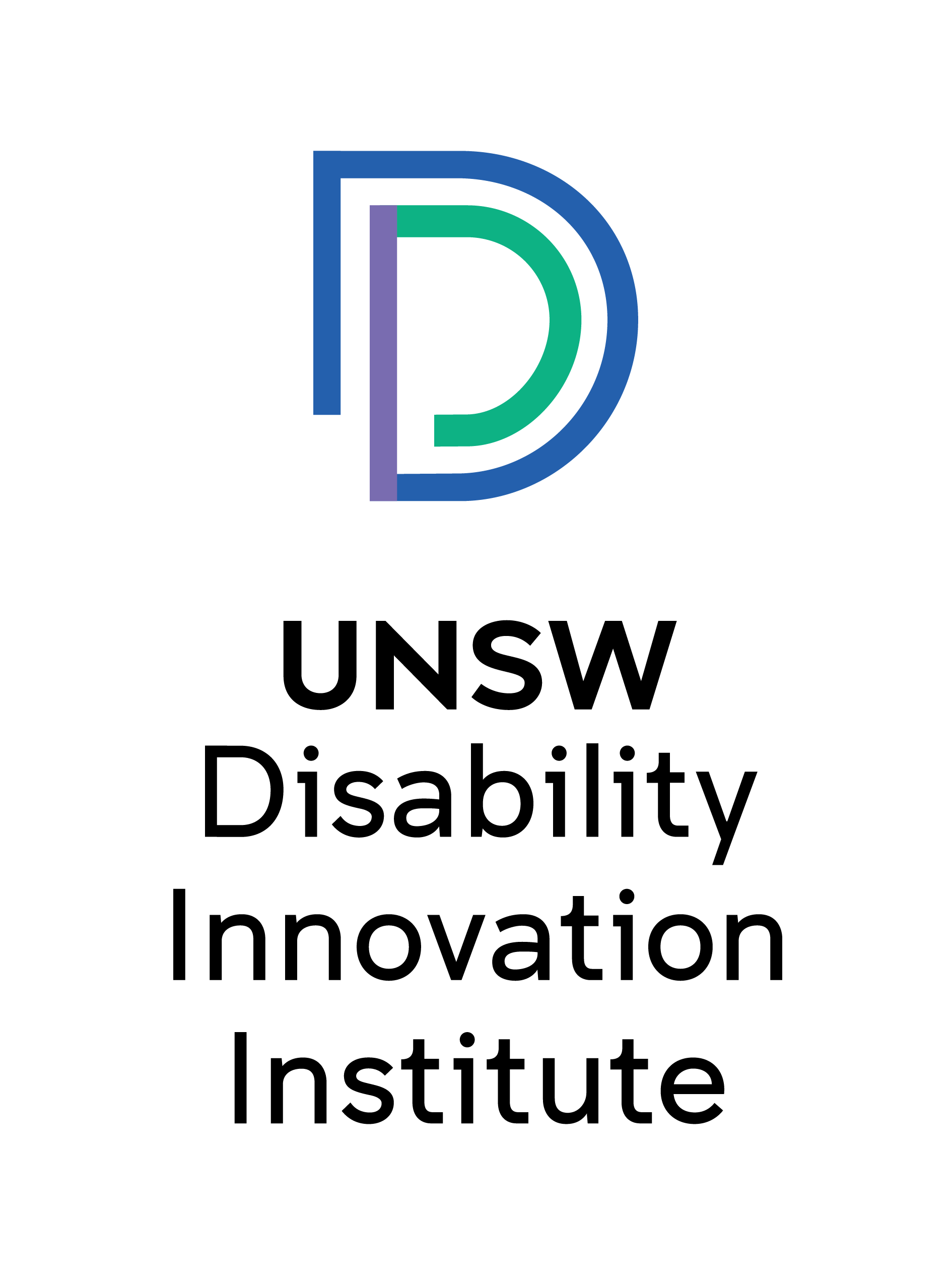A Past Still Present: Disability discrimination and eugenics from the Nazi Third Reich to COVID-19
‘Does the Nazi persecution and murder of people with disability in the mid-twentieth century continue to echo in the present day?’
The Nazi killing of around 300,000 people with disability or chronic illness was rooted in a longer history of eugenic ideas. Today, there is debate about whether, or to what extent, these ideas were dismissed after the end of World War II or alternatively still influence attitudes to people with disability, including in the form of a covert (and sometimes overt) reluctance to recognise the human rights of people with disability.
Making perfect people? Prenatal genetic screening and the legacy of eugenics
The last half-century has seen a massive expansion in the biomedical technologies that can identify before birth a range of genetic conditions associated with disability or chronic illness. Examining the genes of foetuses, embryos, and the parents themselves, it is argued, provides useful information for people who may wish to avoid having a child with a genetic impairment. A variety of genetic screening and testing technologies are now routine parts of antenatal care.
Yet from the outset, many disability activists and scholars have attacked prenatal screening policies as being more than just discriminatory, but outright eugenic. The arguments have become fiercer as disability rights have gained greater acceptance. Are they right? Is prenatal screening, as some activists have claimed, effectively just Nazi eugenics dressed up in new clothes? In this presentation Jackie will address this question, drawing on her research in the ethics of reproductive medicine and her experience as a disability activist.
Professor Jackie Leach Scully is an internationally recognised bioethicist specialising in disability and feminist bioethics. With a background in molecular biology and further training in neurobiology, she held research fellowships at the Ecole polytechnique federale de Lausanne and the University of Basel, Switzerland, before helping to establish the first interdisciplinary unit for bioethics at Basel. In 2006 she joined Newcastle University, UK as Senior Lecturer, becoming Director of Research and ultimately Executive Director of the Policy, Ethics and Life Sciences Research Centre there. In August 2019 she moved to UNSW as Professor of Bioethics and Director of the UNSW Disability Innovation Institute.

